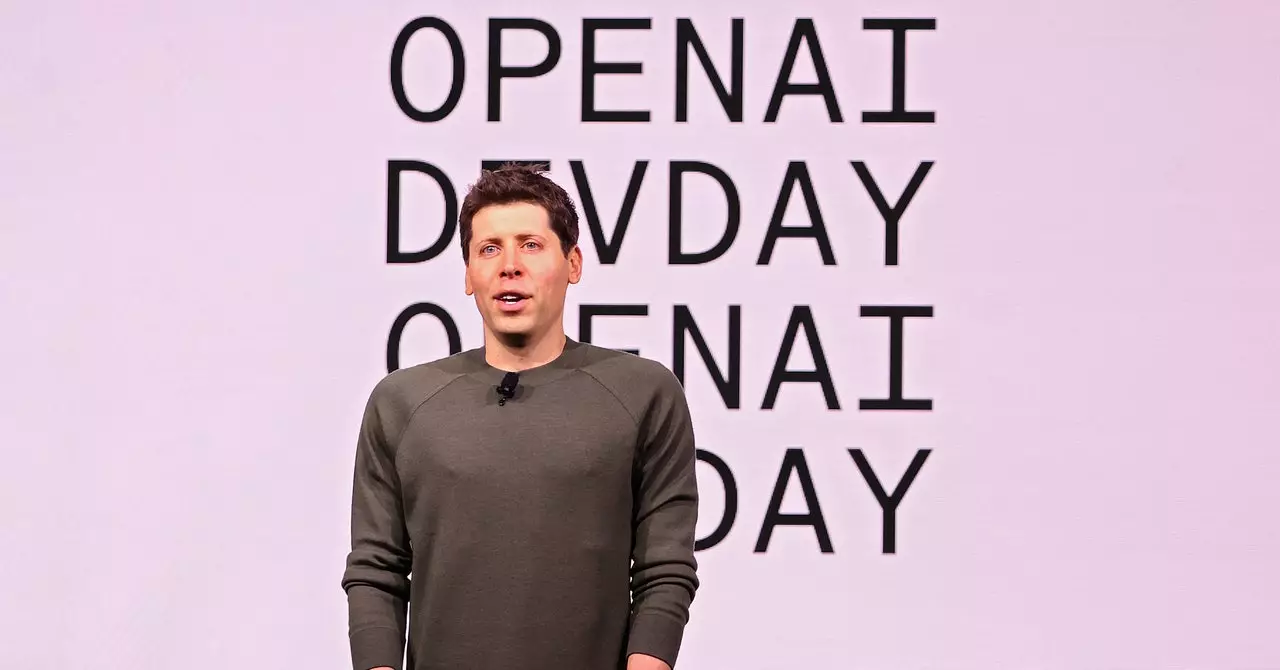Condé Nast has recently announced a multi-year deal with OpenAI, allowing the AI giant to utilize content from various Condé Nast properties such as the New Yorker, Vogue, Vanity Fair, Bon Appetit, and WIRED. The partnership will enable OpenAI to feature stories from these outlets in their platforms including ChatGPT and the new SearchGPT prototype. Condé Nast CEO Roger Lynch expressed the importance of adapting to new technologies while ensuring proper attribution and compensation for the use of their intellectual property. This move aims to counteract the challenges faced by publishers in generating revenue due to disruptions caused by technology companies.
The introduction of AI into journalism raises significant concerns among industry professionals. The NewsGuild of New York, representing unionized Condé Nast editorial employees, has called for transparency regarding the utilization of AI technology and its potential impact on the work of journalists. As more media companies, including prominent publishers like The Atlantic, Axel Springer, and TIME, enter into partnerships with AI companies, questions arise about the ethical implications of such collaborations.
Traditionally, AI companies have obtained training data by scraping copyrighted materials from the internet without proper licensing, leading to legal disputes and allegations of unfair practices. While the exact terms of the Condé Nast-OpenAI partnership remain undisclosed, concerns about the protection of journalists’ rights persist. The potential implications of AI technology on the dissemination of information and the credibility of news outlets have sparked debates within the industry.
Critics argue that media companies risk compromising their integrity by aligning with AI entities that aim to replace rather than support journalistic endeavors. The decision to cooperate with AI companies in data sharing has implications for content creators and the quality of information delivered to the public. The underlying tension between technological advancements and journalistic ethics underscores the need for comprehensive discussions within the media landscape.
Employees within Condé Nast have expressed reservations about contributing to the development of AI tools that may propagate misinformation and devalue the journalistic skills cultivated over years of practice. Concerns about the societal impact of AI-generated content and its alignment with journalistic standards highlight the complex relationship between technology and media integrity. The anonymity requested by some employees reflects the fear of facing professional repercussions for voicing dissenting opinions.
The partnership between Condé Nast and OpenAI represents a pivotal moment in the evolving landscape of journalism and artificial intelligence. The integration of AI technologies into media production raises fundamental questions about ethics, transparency, and the preservation of journalistic values. As industry stakeholders navigate the complexities of technological innovation, the need for critical reflection and open dialogue becomes increasingly essential in shaping the future of media.

